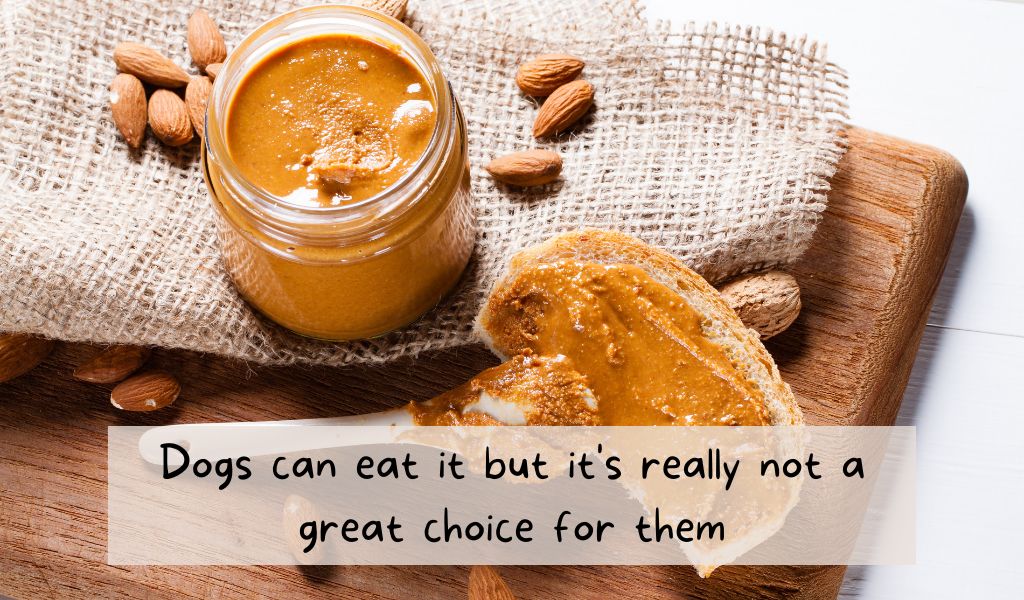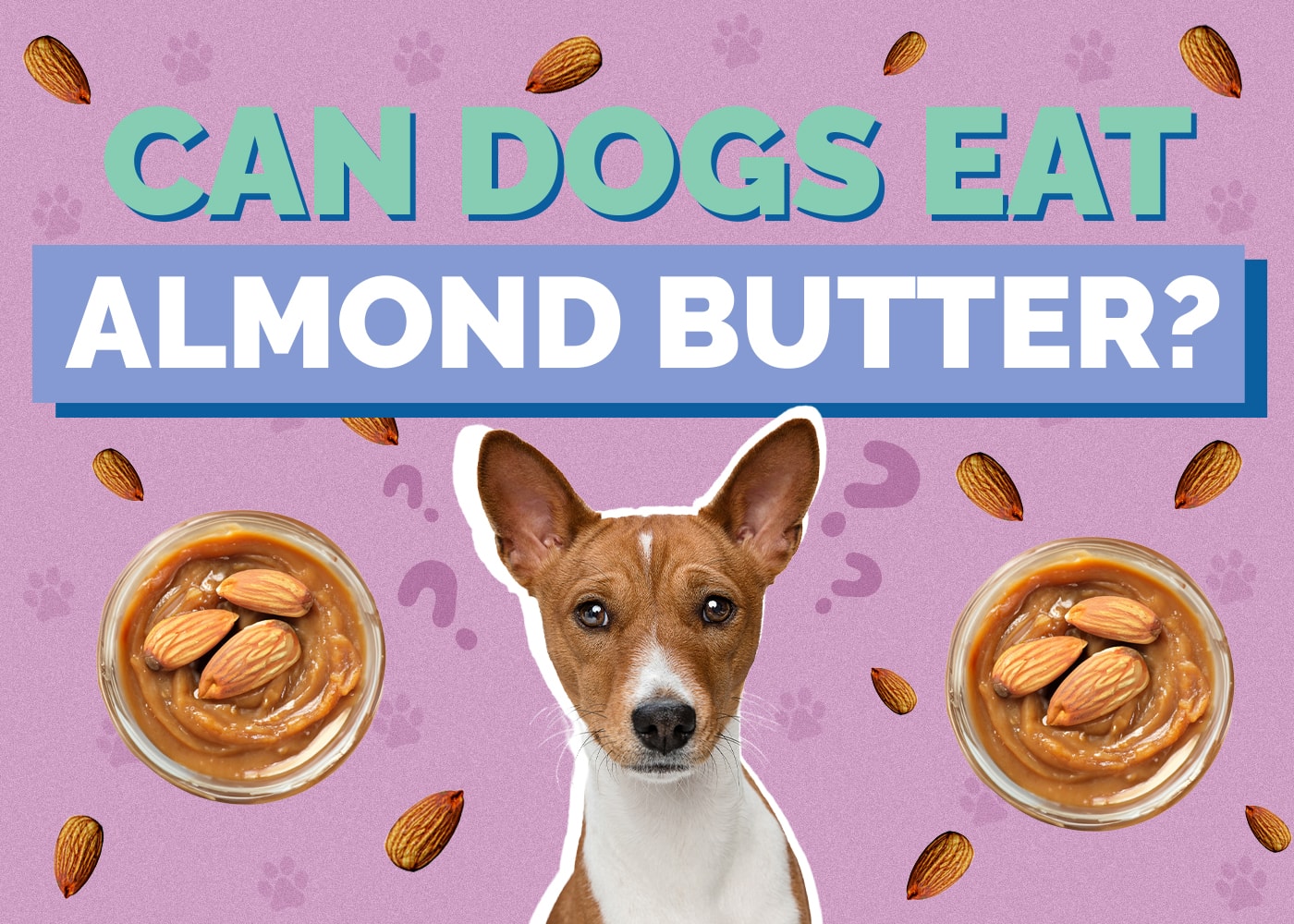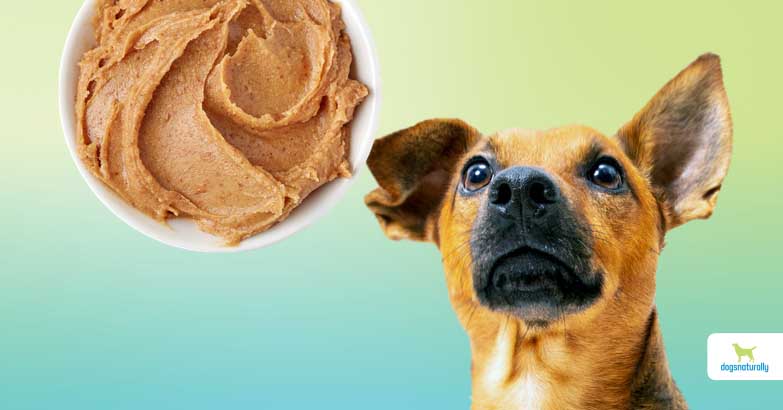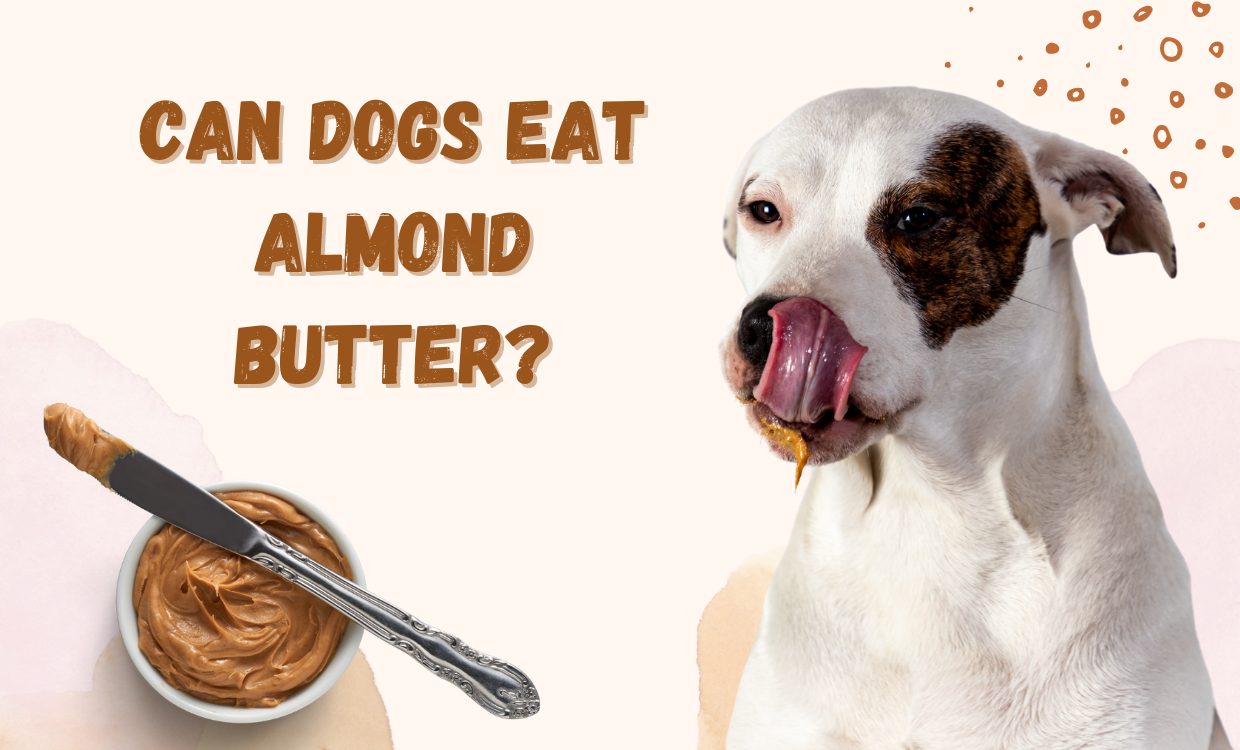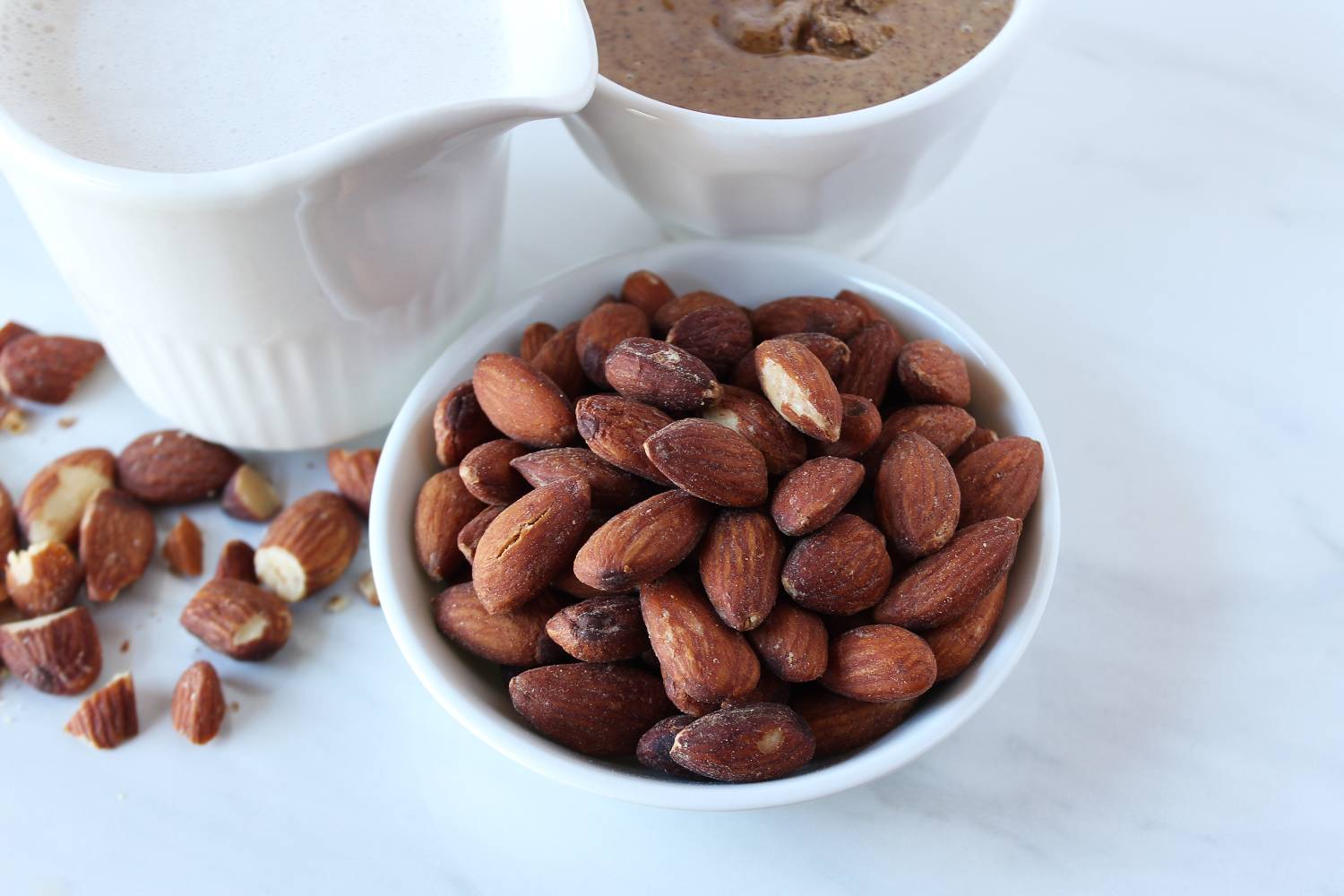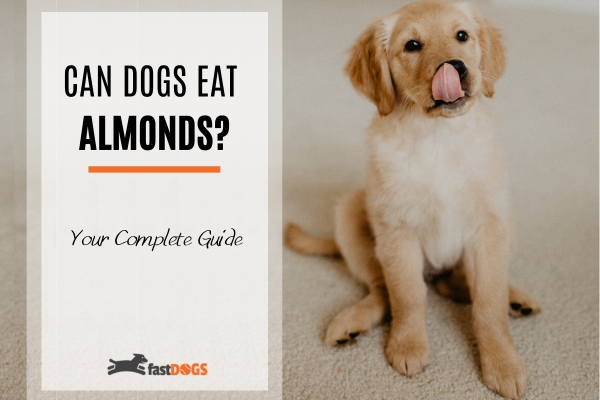Can Dogs Have Almond Butter Instead Of Peanut Butter

For dog owners, ensuring their furry friends' safety often involves scrutinizing food labels and questioning common treats. A growing concern revolves around the safety of nut butters, specifically the question: Can dogs have almond butter instead of peanut butter?
The answer isn't a simple yes or no. While almond butter can be a potential alternative to peanut butter for dogs, several factors must be considered to ensure your pet's health and wellbeing. This article explores the considerations surrounding almond butter consumption for dogs, including potential benefits, risks, and expert advice.
Nut Butter and Dogs: The Basics
Peanut butter is a popular treat for dogs. Many owners use it to administer medication or simply as a reward.
However, the presence of xylitol, a sugar alcohol toxic to dogs, in some peanut butter brands has raised significant concerns. This has prompted many pet parents to seek safer alternatives, with almond butter emerging as a potential option.
Almond Butter: A Potential Alternative?
Almond butter, made from ground almonds, offers a similar creamy texture and nutty flavor to peanut butter. It also boasts a nutritional profile rich in healthy fats, vitamin E, and magnesium.
These nutrients can contribute to a dog's overall health, potentially supporting skin and coat health, muscle function, and immune response. However, these potential benefits must be weighed against the risks.
The Risks of Almond Butter for Dogs
While generally considered safer than peanut butter that contains xylitol, almond butter isn't entirely risk-free. One of the primary concerns is the potential for allergic reactions.
Like humans, dogs can be allergic to nuts, including almonds. Signs of an allergic reaction can range from mild skin irritation (itching, hives) to more severe symptoms such as vomiting, diarrhea, facial swelling, and difficulty breathing. If you suspect your dog is having an allergic reaction, seek immediate veterinary attention.
Another factor to consider is the high fat content of almond butter. While healthy fats can be beneficial in moderation, excessive consumption can lead to weight gain and potentially pancreatitis, a serious inflammatory condition of the pancreas, especially in dogs prone to the condition.
Xylitol and Other Ingredients: The Label is Key
The most critical aspect of feeding any nut butter to your dog is carefully scrutinizing the ingredient list. Xylitol, even in small amounts, can be deadly to dogs.
Always read the label thoroughly before offering almond butter to your dog. Be sure to check for other potentially harmful additives such as artificial sweeteners, chocolate, or high amounts of salt or sugar.
Ideally, choose almond butter with only one ingredient: almonds. Organic and unsalted varieties are generally the safest options.
Expert Advice and Recommendations
Veterinarians generally advise caution when introducing any new food into a dog's diet. Start with a very small amount of almond butter to assess your dog's tolerance.
Dr. Sarah Miller, a veterinarian specializing in canine nutrition, recommends that almond butter should only be given as an occasional treat, not as a staple in a dog's diet.
"If you're considering almond butter, always prioritize safety. Read the label carefully, monitor your dog for any adverse reactions, and consult with your veterinarian if you have any concerns," says Dr. Miller.
Portion Control is Crucial
Even if your dog tolerates almond butter well, moderation is key. Due to the high fat content, portion sizes should be small.
A teaspoon or less is often sufficient for small breeds, while larger breeds can have a slightly larger portion, but not exceeding a tablespoon. The frequency should also be limited to a few times a week at most.
Remember to adjust your dog's overall calorie intake accordingly to prevent weight gain. If your dog is already overweight or has a history of pancreatitis, almond butter may not be a suitable treat.
Human-Interest Angle: A Story of Awareness
Sarah, a dog owner from Chicago, shared her experience after unknowingly giving her dog, Max, peanut butter containing xylitol. "It was the scariest experience of my life," Sarah recounts.
"Max became lethargic and started vomiting. Thankfully, we rushed him to the vet, and they were able to stabilize him, but it was a close call. I now triple-check every label and am much more cautious about introducing new foods," she explains.
Sarah's story highlights the importance of educating dog owners about potential dangers in common household foods and emphasizing the need for vigilance when selecting treats.
Conclusion: Informed Choices for a Healthier Dog
Almond butter can be a safe alternative to peanut butter for dogs, provided it is free of xylitol and other harmful additives. However, it's crucial to be aware of the potential risks, including allergies and high-fat content.
Always read labels carefully, introduce new foods gradually, practice portion control, and consult with your veterinarian to make informed decisions about your dog's diet. By prioritizing safety and making responsible choices, you can ensure your furry friend enjoys treats without compromising their health.

